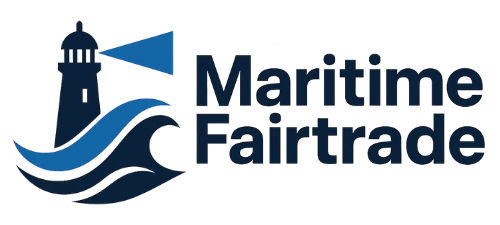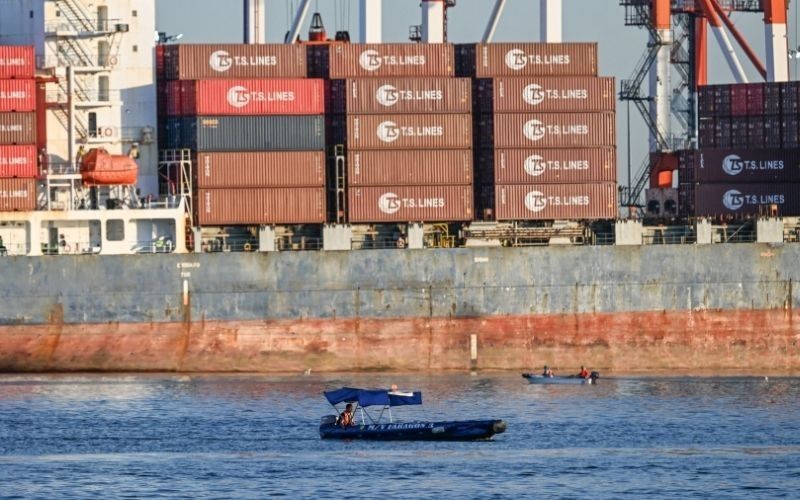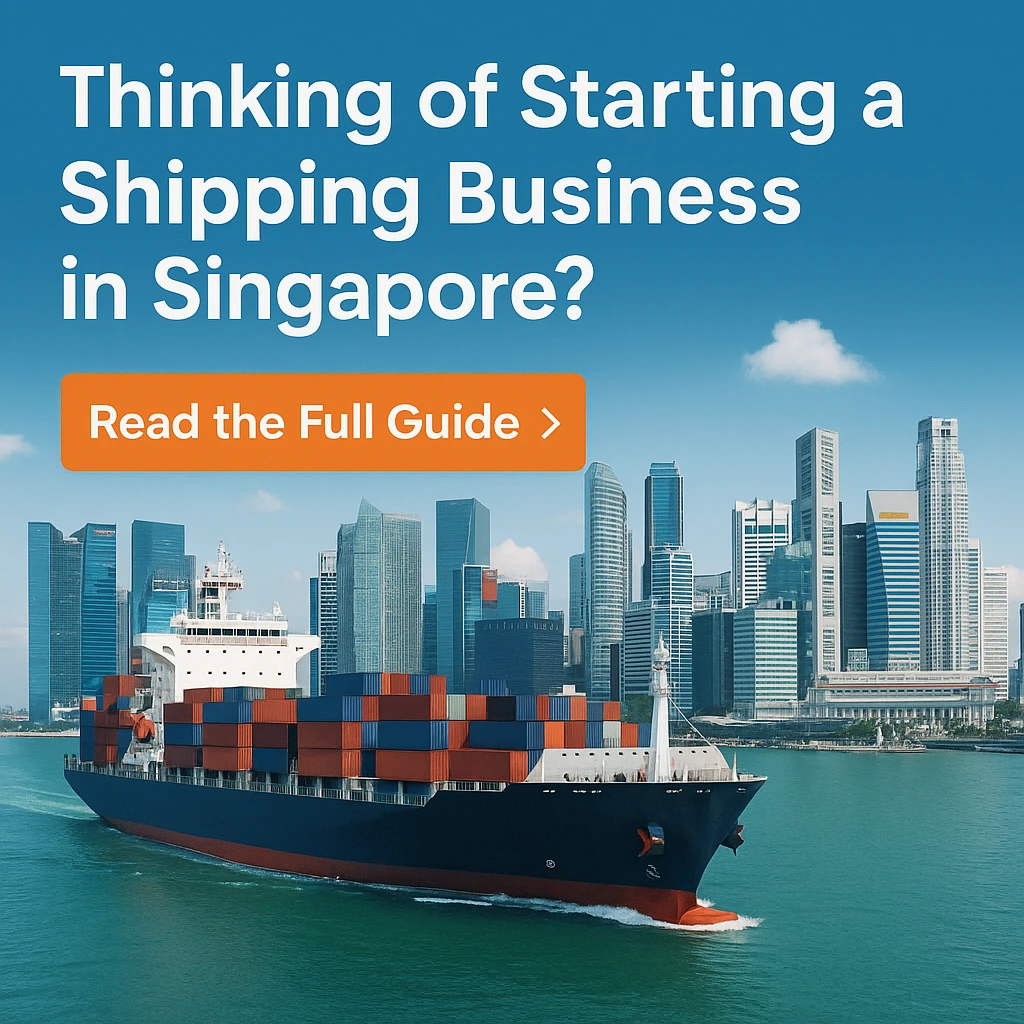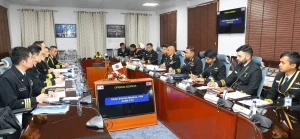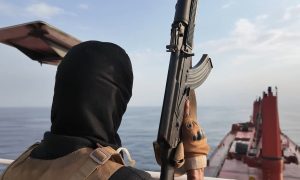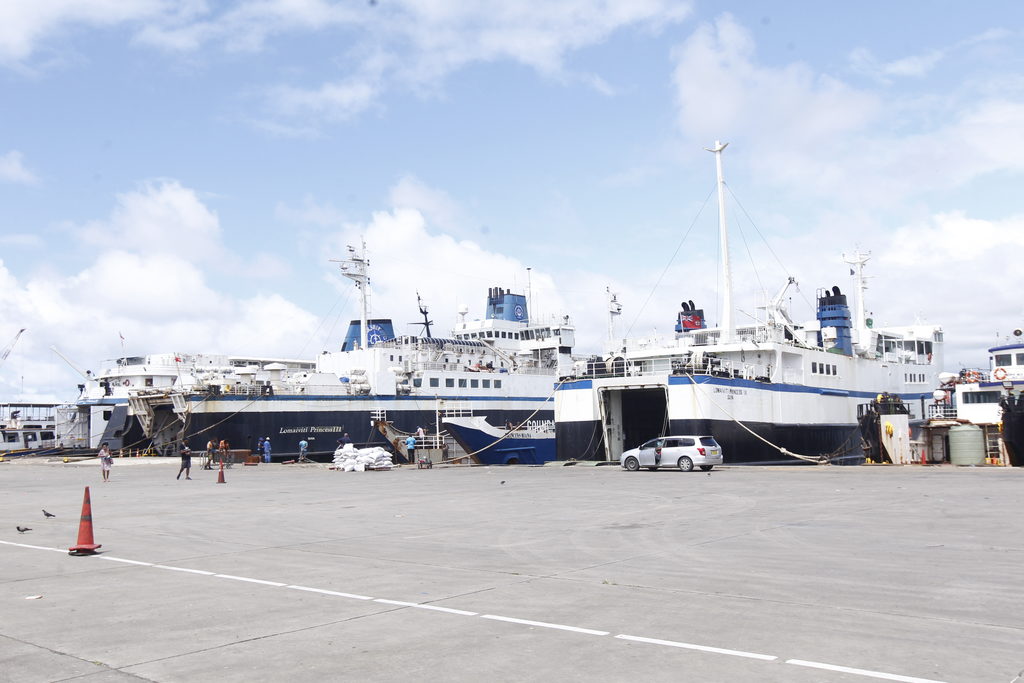On October 17, 2025, the International Maritime Organization (IMO) postponed a crucial vote to approve the Net Zero Framework, a proposed carbon-pricing system aimed at reducing emissions from the shipping industry. This delay comes after U.S. President Donald Trump threatened sanctions against countries supporting the plan, marking a significant setback for global climate action. The postponement was narrowly decided by a vote of 57-49 and reflects the U.S.’s withdrawal from IMO negotiations earlier in April, where it denounced the carbon tax as a “scam.”
The Philippines is particularly vulnerable to the consequences of this decision, given its substantial reliance on a maritime workforce that includes many Filipino seafarers. The U.S. visa restrictions or port levies that could follow this decision may severely impact the livelihoods of thousands of Filipino workers in the shipping sector. This framework aimed to push shipping companies to gradually decrease their carbon emissions starting in 2028, with financial penalties for non-compliance. The funds generated were intended to support low-emission ships and assist climate-vulnerable countries like the Philippines in adapting to challenges posed by rising sea levels and extreme weather events.
Shipping is responsible for about 3% of global greenhouse gas emissions. The proposal had garnered backing from numerous countries advocating for climate action, such as the European Union, China, Brazil, and various Pacific Island nations. However, strong opposition emerged from oil-producing countries like Saudi Arabia, Russia, and the United Arab Emirates. These nations argued that the carbon measure would threaten food security and economic growth. Argentina also shifted from an abstention stance to outright opposition in the latest discussions.
IMO Secretary-General Arsenio Dominguez expressed disappointment over the situation, describing the plenary session as rife with “chaos.” Many had anticipated a successful vote in April to cement the Net Zero Framework, but U.S. influence revealed significant rifts between developed economies and fossil fuel exporters.
If ultimately approved in the future, the Net Zero Framework would create stricter regulations for ships, including U.S.-flagged vessels, by making it increasingly challenging to bypass emissions inspections during foreign port visits. For maritime nations like the Philippines, the delay signifies another year of uncertainty regarding international shipping policies, hindering efforts to mitigate the industry’s environmental impact.
Source link
